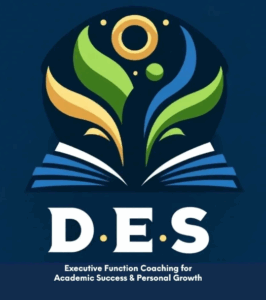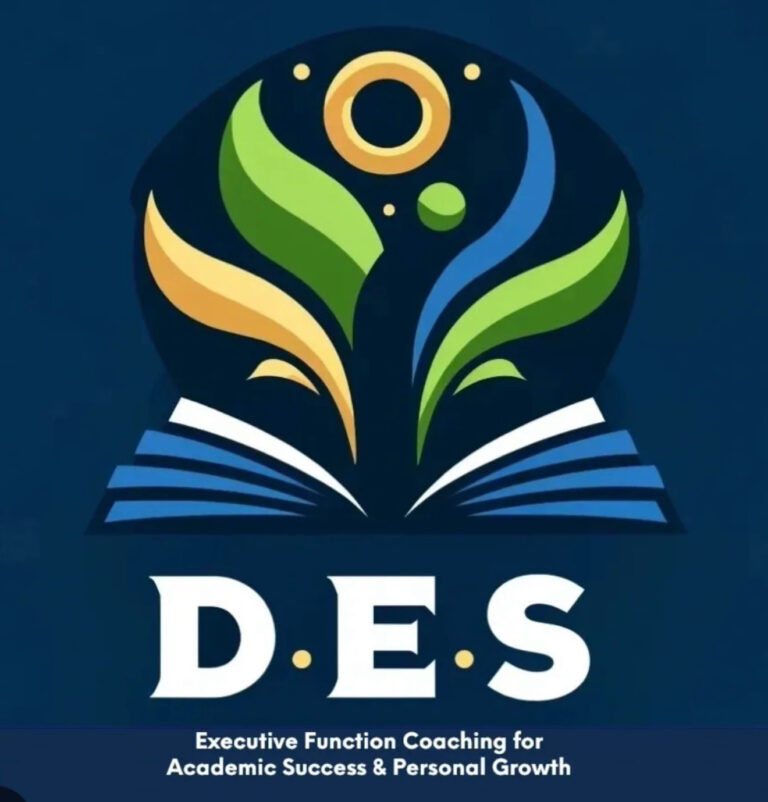Pandemic Learning Loss
After three long years, April showers are finally producing pandemic-free flowers. It’s a breath of fresh air for everyone, especially for our young learners who have been navigating the challenges of remote and hybrid learning.
However, as we emerge from the pandemic, it’s becoming increasingly clear that the enduring impacts of disrupted education—including pandemic learning loss—are lingering in ways just as serious as the physical manifestations of the quickly spreading virus that unpredictably changed the academic experience for our children over the past few years. As a result of these unprecedented occurrences, many students have fallen behind in terms of valuable skills and knowledge, and the consequences could be far-reaching.
The truth is, many of the policies put in place during the pandemic, such as lenient grading, “test-optional” approaches, and Ds counting as transfer credits, may have helped students pass their classes, but they have also masked the true extent of the learning loss. Lagging state-testing scores and weakened academic demands have resulted in a decline in essential executive functioning skills, which are crucial for success in the long run.
As parents, educators, and members of the Greenwich CT community, we cannot afford to ignore the impact of the pandemic on our children’s education. Our kids lost more than just reading skills – they lost academic fundamentals. Regaining a year or two of lost academic skills within a calendar year is challenging, but it’s possible. The good news is that there is hope, and a solution: summer practice.
Summer break can be a valuable opportunity for students to recover from pandemic learning loss, catch up on lost skills, and even get ahead. Depending on their age and school setting, students have two-to-three months of uninterrupted time that can be dedicated to boosting their academic performance. Parents or private tutors can play a crucial role in encouraging and facilitating summer practice.
One of the key recommendations from special educators is to prioritize reading for 20-30 minutes a day with engaging material. Reading not only helps improve vocabulary and comprehension skills, but it also fosters a love for learning and can be an enjoyable summer activity. In addition to reading, allocating 30-minute blocks of time for pure math practice and writing/journaling can further strengthen academic skills. Setting goals with realistic yet lofty expectations can help curb academic decline and foster a sense of achievement and motivation in students.
It’s important to note that taking the initiative to institute these types of practical and action-based educational measures during the summer can make a significant difference in mitigating the impact of learning loss on our children. Remediation and enrichment can be supplemented throughout the school year, but the concentrated focus and dedicated time during the summer can be especially effective in helping students recapture lost academic fundamentals.
Let’s make this summer a time of growth, learning, and opportunity for our students in the Greenwich community and beyond. Together, we can overcome the challenges we all faced over the past several years and create a brighter future for our children.
At DES, we understand that pandemic learning loss doesn’t just impact grades—it affects motivation, confidence, and a child’s belief in their ability to succeed. That’s why our executive function coaching and personalized tutoring plans are designed to meet students where they are and help them rebuild structure and academic momentum. If your child is still feeling the ripple effects of COVID-era disruptions, now is the time to act. Let’s turn pandemic learning loss into post-pandemic growth.
Hear client testimonials about DES’s executive function coaching, and why families choose us to support academic growth and confidence.

